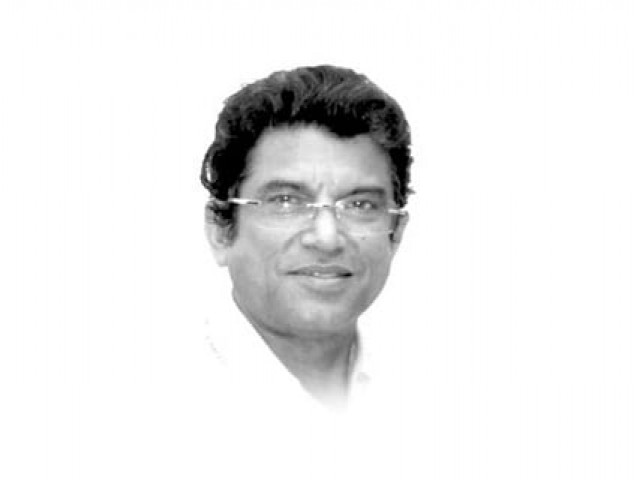The Faqir of Ipi of North Waziristan
Everyone is guessing as to when an operation is going to be launched against militants in North Waziristan.

The Faqir of Ipi of North Waziristan
The tribes protested against the handing over of a converted Muslim girl to a Hindu family. On April 14, 1936, a jirga held near Mir Ali declared jihad against the British. It decided to raise a tribal lashkar, with the Faqir of Ipi as its chief. He travelled to South Waziristan to gain support of the Mehsud tribe. In November 1936, the British sent two brigades to carry out an operation at Khasura in the Dawar area. The British suffered heavy casualties due to tribal raids and the operation was abandoned after four days. The British persisted with operations in different areas. In April 1937, a British convoy was ambushed at Shaur Tangi, South Waziristan, in which 53 soldiers lost their lives, including seven officers.
The Faqir of Ipi laid down three conditions for calling off the jihad: that Islam Bibi should be handed over to the Muslims, that the British should leave Waziristan and that all arrested tribesmen be released. However, the British did not agree and continued with their campaign. In 1938, the Faqir of Ipi shifted to an isolated place in Gurwek. At the start of World War II, both the Germans and the Italians contacted him and provided him and his men weapons and funding. The main purpose of the Axis powers was to engage the British Indian Army in the tribal belt to prevent the Indian armed forces from being sent to the main war zone. In Gurwek, the Faqir created an independent state and continued with his raids against the British Army. After 1947, he did not recognise Pakistan and continued his war against the new nation's army. He announced the creation of Pashtunistan and a tribal jirga, held in Razmak, appointed him as the first president of Pashtunistan. He never surrendered but his following progressively declined over the years and he died eventually in April 1960.
The Times of April 20,1960, in an obituary described him, as “a doughty and honourable opponent... a man of principle and saintliness... a redoubtable organiser of tribal warfare, many retired army officers and political agents, who served in the area, will hear the news with the tribute of wistful regret.”
Published in The Express Tribune, November 15th, 2010.















COMMENTS
Comments are moderated and generally will be posted if they are on-topic and not abusive.
For more information, please see our Comments FAQ